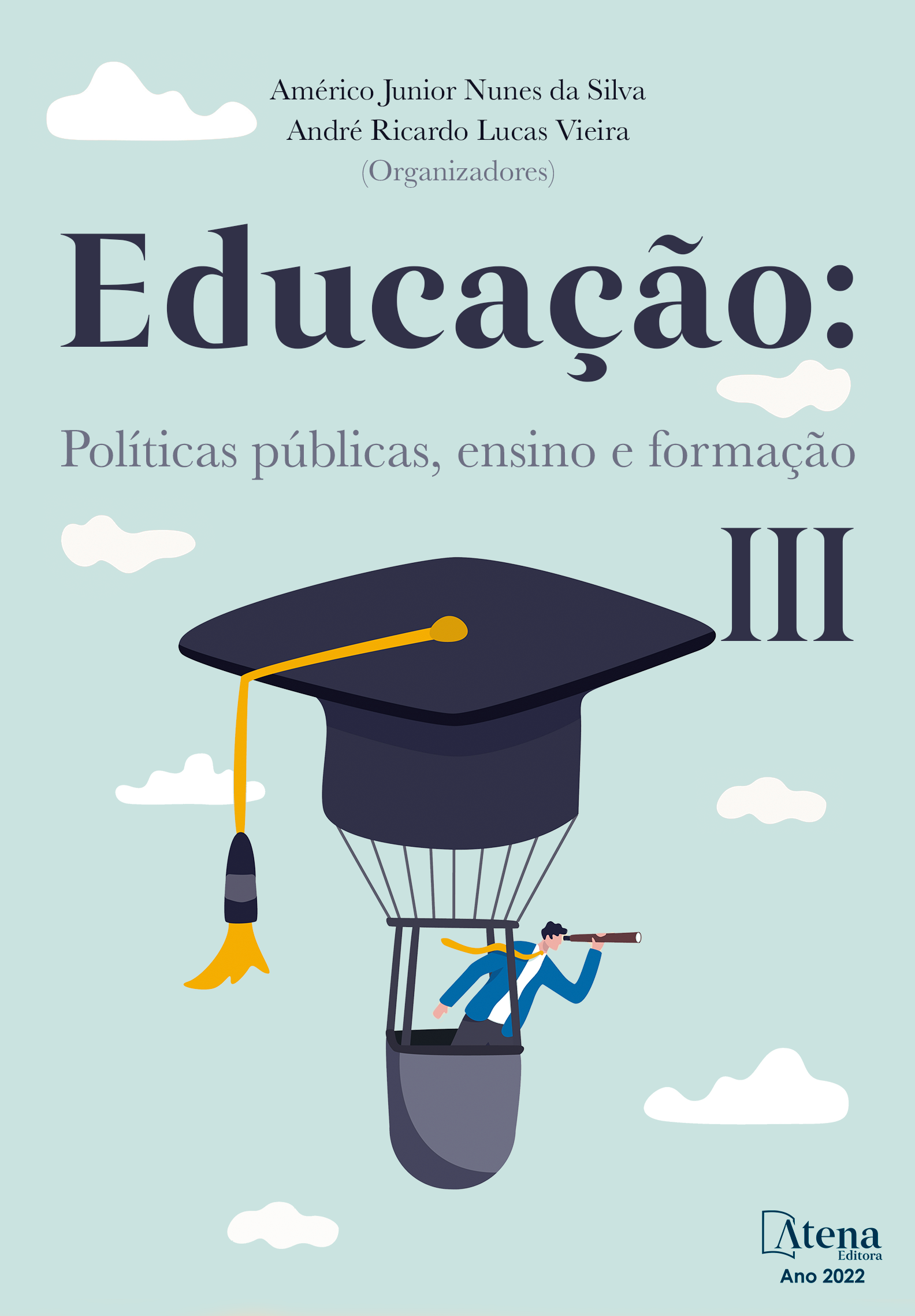
AVALIAÇÃO: NOTA OU CONSTRUÇÃO DE APRENDIZAGEM
O tema do presente estudo é a avaliação, que é uma das questões que merece maior atenção no âmbito escolar e dificilmente é considerada justa. Por isso, a Base Nacional Comum Curricular (BNCC) ressalta que os estudantes devem passar a ser protagonistas em seu processo de ensino-aprendizagem, isso inclui diretamente as formas de avaliação por instrumentos e metodologias diversificadas e inovadoras, usando, sobretudo, as novas tecnologias digitais. Com base nessa constatação afirma-se que a ideia da pesquisa surgiu a partir da observação dos instrumentos de avaliação aplicados no ambiente escolar, que buscam, na maioria das vezes, dar nota pelos acertos, percebe-se maior preocupação com a nota do que com a construção da aprendizagem. Morales (2003), afirma que a avaliação é parte de um processo de ensino e aprendizagem, sendo assim, não se pode avaliar só por observações, nem só através de provas e trabalhos. Nesse sentido, ao longo desse artigo, sugerem-se algumas formas emergentes de avaliação, como por exemplo: a (Re)contação de contos; o Feedback 360º dos estudantes, Criação de memes na comunicação, Rubica e a Avaliação gamificada. No contexto do tema, realiza-se uma pesquisa bibliográfica na busca de responder a questão problema que é “o mais importante na avaliação é a nota ou a construção da aprendizagem? A base teórica deste estudo fundamenta-se em Brasil (2018), Demo (2004), Hoffmann (2002), Luckesi (1982), Melchior (2003), Perrenoud (2000), Souza (2021), Vasconcellos (1993), Zabala (1998), e justifica-se em apresentar diferentes instrumentos de avaliação, que envolvam e comprometam educandos e educadores, num processo de ensino e aprendizagem constante, promovendo assim, o prazer e a necessidade de participar sempre.
AVALIAÇÃO: NOTA OU CONSTRUÇÃO DE APRENDIZAGEM
-
DOI: 10.22533/at.ed.8312219076
-
Palavras-chave: Planejamento. Aprendizagem. Avaliação. Conhecimento
-
Keywords: Planning. Learning. Assessment. Knowledge
-
Abstract:
The subject of the present study is evaluation, which is one of the issues that deserves greater attention in the school environment and is hardly considered fair. Therefore, the National Curricular Common Base (BNCC) emphasizes that students must become protagonists in their teaching-learning process, this directly includes the forms of assessment through diversified and innovative instruments and methodologies, using, above all, new digital technologies. Based on this finding, it is stated that the idea of the research arose from the observation of the evaluation instruments applied in the school environment, which seek, in most cases, to give a grade for the correct answers, there is a greater concern with the grade than with the construction of learning. Morales (2003) states that assessment is part of a teaching and learning process, therefore, it is not possible to assess only through observations, nor only through tests and assignments. In this sense, throughout this article, some emerging forms of evaluation are suggested, such as: the (Re)telling of stories; 360º Feedback from students, Creation of memes in communication, Rubica and Gamified Assessment. In the context of the theme, a bibliographic research is carried out in order to answer the problem question that is “is the grade or the construction of learning the most important in the evaluation? The theoretical basis of this study is based on Brasil (2018), Demo (2004), Hoffmann (2002), Luckesi (1982), Melchior (2003), Perrenoud (2000), Souza (2021), Vasconcellos (1993), Zabala (1998), and it is justified to present different assessment instruments, which involve and commit students and educators, in a process of constant teaching and learning, thus promoting the pleasure and the need to always participate.
-
Número de páginas: 12
- Helena Teresinha Reinehr Stoffel


